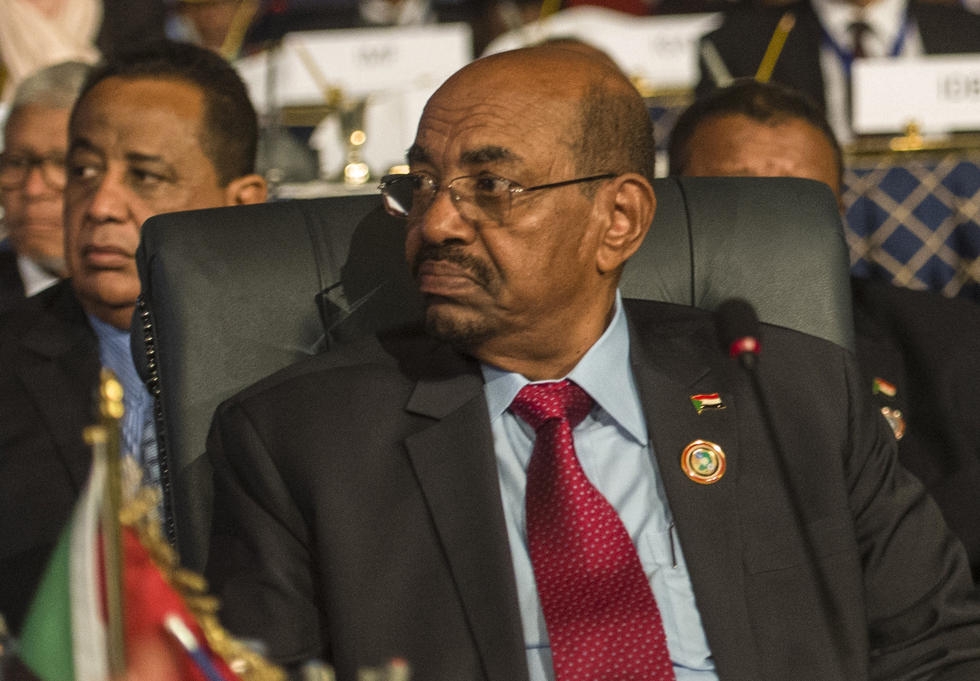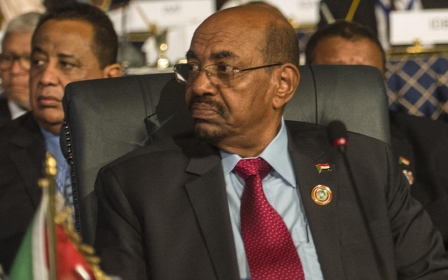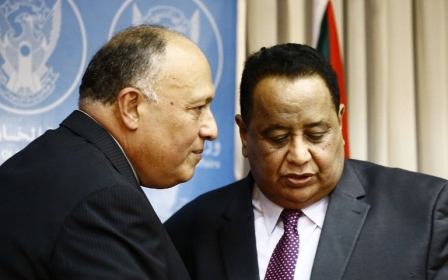Sudan bans imports from Egypt in latest blow to relations

Sudan on Tuesday banned imports of Egyptian agricultural and animal products, state media reported, delivering a fresh blow to already tense relations between the two neighbours.
Ties between Khartoum and Cairo have deteriorated in recent months after Sudanese President Omar al-Bashir accused Egyptian intelligence services of supporting opposition figures fighting his troops in the country's conflict zones like Darfur.
"Prime Minister Bakri Hassan Saleh has issued an order banning Egyptian agricultural and animal products, and importing of seeds from Egypt," the official SUNA news agency reported.
"The order also bans Sudanese businessmen from using Egyptian territories for importing goods into Sudan."
Hassan Saleh's order comes just days after Bashir hinted in a speech that Egyptian authorities were supporting rebels fighting Sudanese government troops in Darfur.
"The Sudanese army has captured several Egyptian armoured vehicles in recent fighting in Darfur," Bashir said last week.
He has previously accused Egyptian intelligence services of supporting opposition figures fighting his troops in Darfur and the conflict zones of Blue Nile and South Kordofan.
Tens of thousands of people have been killed in these three regions where local African ethnic groups have been fighting Sudanese government forces for years, accusing Khartoum of economically marginalising the regions.
The Egyptian media has also accused Khartoum of offering refuge to members of the Muslim Brotherhood movement, which was declared a "terrorist group" by Cairo following the ouster of Islamist president Mohamed Morsi in 2013.
A point of dispute between Cairo and Khartoum has also been Egypt's occupation of the Halayeb triangle, which lies near the Red Sea in a mineral-rich border region.
Khartoum says Halayeb has been part of its sovereign territory since shortly after independence in 1956.
The two countries have been engaged in high-level diplomatic initiatives to improve their relations, but their efforts have so far not yielded any positive results.
Trade between Cairo and Khartoum amounts to about $850 million annually, according to the Sudanese central bank.
Egyptian exports to Sudan primarily comprise of fruit, vegetables, fish, canned food and textiles.
Middle East Eye propose une couverture et une analyse indépendantes et incomparables du Moyen-Orient, de l’Afrique du Nord et d’autres régions du monde. Pour en savoir plus sur la reprise de ce contenu et les frais qui s’appliquent, veuillez remplir ce formulaire [en anglais]. Pour en savoir plus sur MEE, cliquez ici [en anglais].




